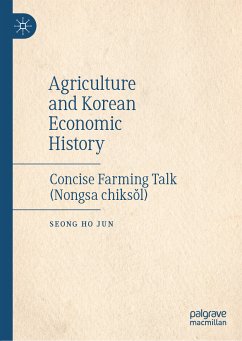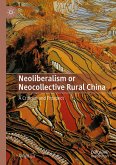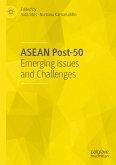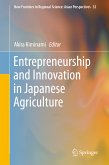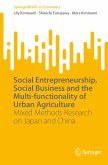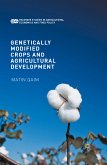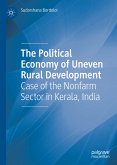This book is an economic history of the Choson dynasty (1392-1910). The Choson dynasty is not only known for managing the northeastern regions of Asia for 500 years as the exemplars of Confucianism, their kingdom was also one of the greatest so-called "agricultural states under Heaven." The Choson dynasty has been briefly explored academically by Western scholars, but their findings have some limitations. The period of 1400-1600, in particular, has been too poorly reported on in the English language to gain the attention of the Western knowledge society. This book aims to fill the gaps in the existing research and will be of interest to economists, scholars of Korean history, agriculturists, and ecologists.
Seong Ho Jun is a Professor at the Academy of Korean Studies. He received a BA, MA and Ph.D. in Economics from SungKyunKwan University, South Korea. He conducted his postdoctoral research at The University of Oxford, United Kingdom. He has taught at Goethe University Frankfurt Germany and has published in 12 peer reviewed English journals indexed in A&HCI, SSCI SCOPUS in the field of accounting history, economic history, including The Journal of Economic History, Research in Economic History, Financial History Review, Economics and Human Biology, and has also co-authored Kaesong Double Entry Bookkeeping (KDEB) in a Global Perspective Volumes I and II with James B. Lewis and The Sagae Songdo Chibubeob for Practical Use and Self-Study Double Entry Accounting in the Medieval Far East (2018) with Byung T. Ro and Key-sook Jung.
Dieser Download kann aus rechtlichen Gründen nur mit Rechnungsadresse in A, B, BG, CY, CZ, D, DK, EW, E, FIN, F, GR, HR, H, IRL, I, LT, L, LR, M, NL, PL, P, R, S, SLO, SK ausgeliefert werden.

